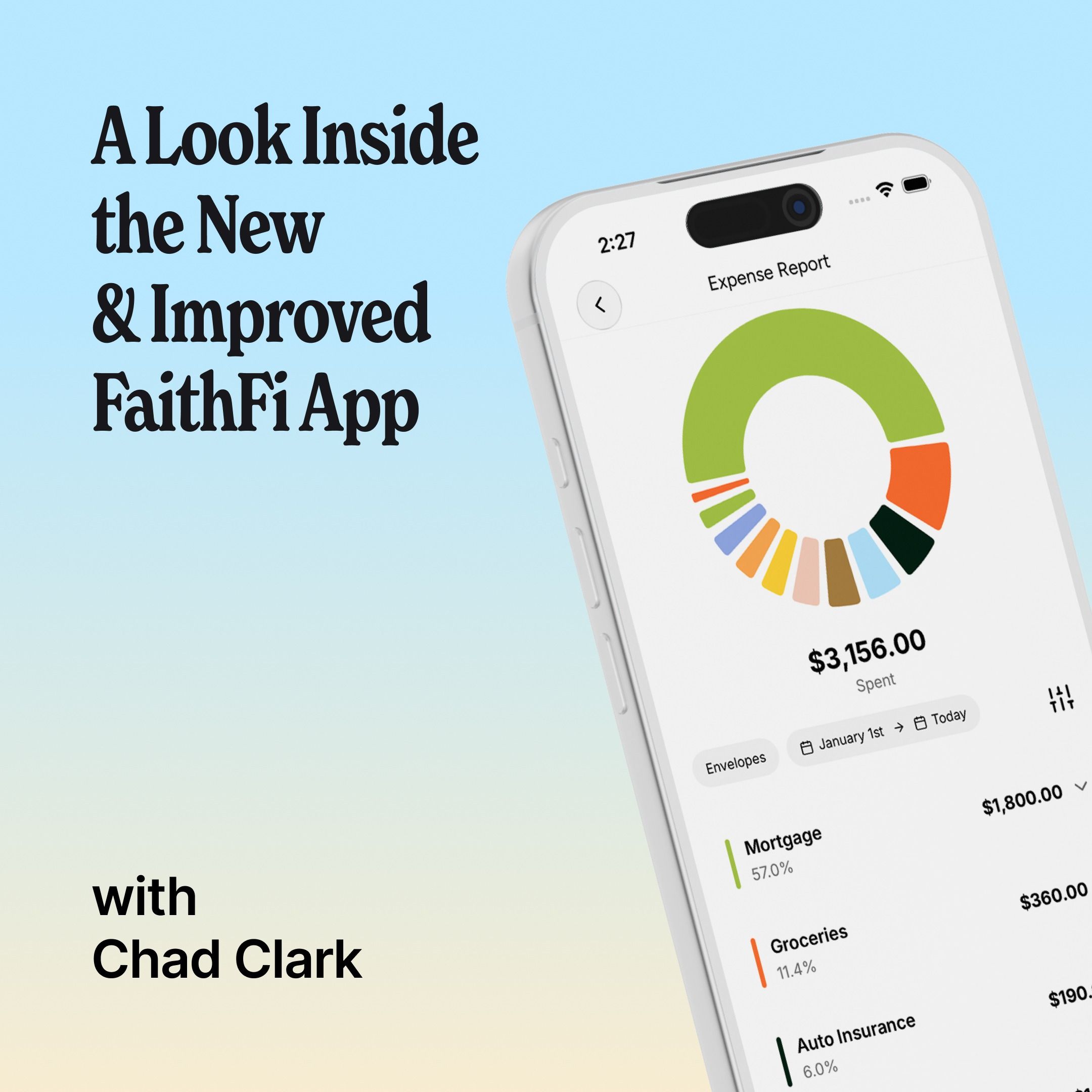Should Christians Vote with Their Investments? With Jerry Bowyer
Faith & Finance with Rob West
In Matthew 10:16, Jesus called us to be wise as snakes and gentle as doves. But can we be gentle and wise when standing up for biblical principles and our voting rights as investors? It’s the annual shareholder meeting season for public corporations, meaning companies will hear about their policies from investors. Jerry Bowyer joins us today with a biblical perspective on corporate engagement. Jerry Bowyer is the President of Bowyer Research and our Resident Economist here at Faith & Finance. He is the author of “The Maker Versus the Takers: What Jesus Really Said About Social Justice and Economics.” You can also read his insightful columns for World News Group.

Show Notes
In Matthew 10:16, Jesus called us to be wise as snakes and gentle as doves. But can we be gentle and wise when standing up for biblical principles and our voting rights as investors?
It’s the annual shareholder meeting season for public corporations, meaning companies will hear about their policies from investors. Jerry Bowyer joins us today with a biblical perspective on corporate engagement.
Jerry Bowyer is the President of Bowyer Research and our Resident Economist here at Faith & Finance. He is the author of “The Maker Versus the Takers: What Jesus Really Said About Social Justice and Economics.” You can also read his insightful columns for World News Group.When you work with corporations and voting shares, are you helping Christians stand up for their “rights” in some way?
You Might Also Like

January 30, 2026
Handling Scripture with Wisdom
Understanding what the Bible says about money begins with understanding what the Bible means. Rob West warns us that we ...

January 30, 2026
A Look Inside the New & Improved FaithFi App with Chad Clark
Are you looking for tools that clarify, simplify, and anchor faithful stewardship in biblical wisdom? That question has ...

January 29, 2026
Frugality Isn’t an End in Itself
Frugality has its place—but it’s not the finish line. Rob West explains that frugality becomes misplaced when saving mon...